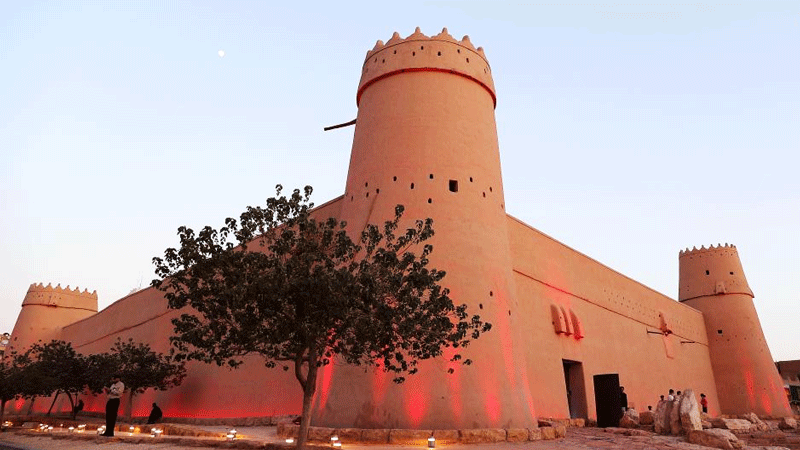Feature: China's widespread presence at Qatar World Cup
DOHA, Dec. 7 (Xinhua) -- China's presence has been notable as the excitement spreads across the ongoing Qatar World Cup, from a Chinese-manufactured stadium, Chinese-made new energy buses to an ancient Chinese football game that tells the origin of the modern sport comprise this year's FIFA World Cup.
Qatar insisted the event be low carbon, sustainable and replete with green energy. New energy buses manufactured by Chinese companies are busy transporting visiting fans and residents across the country.
Currently, there are more than 6,600 Higer buses in Qatar, occupying the highest share in the local market, said Tang Zhaoqun, marketing manager of Higer Bus. The Chinese company has operated in the Gulf state for 16 years.
With 15 years of bus-driving experience, Pakistani Masood Shah drives Higer buses daily back and forth from the capital Doha to the Qatar-Saudi border.
The veteran driver is deeply impressed by Higer's "advanced design, stable driving system, flexible turning, ability to block sand, along with a great driving feeling."
Back in 2006, Higer exported 500 buses to serve the Asian Games in Qatar under a contract signed with Mowasalat Qatar Company, the first time Chinese-made buses hit the roads of another country.
With increasing recognition in the Qatari market, the demand for Higer buses has skyrocketed. In 2020, Higer signed a contract to supply 1,815 buses to Doha to serve the current FIFA World Cup.
Besides Qatar, the Chinese company has also expanded cooperation with other Arab countries to improve public transportation, said Tang.
From reducing carbon emissions to infrastructure construction, cooperation between China and several Arab countries is booming, with over 200 cooperation projects underway across the region, according to a recent report by the Chinese Ministry of Foreign Affairs.
Qatar and the China Railway Construction Corporation jointly constructed the 80,000-seat Lusail Stadium, the main venue for the Cup's final match and closing ceremony.
"The construction of the Lusail Stadium marked the first time that a Chinese company participated as the main contractor to design and build a professional football venue under the highest FIFA standards," said leading Chinese engineer Li Bai.
It was also the first time a Chinese company designed and built a World Cup stadium.
At another stadium, a friendly match was carried out.
When the World Cup kicked off, 11 football starters from China played against the local youth football team at the Evolution Sports Academy in Doha.
The players also practiced cuju, the earliest known recorded game of football which originated in China, and wore traditional Chinese costumes for the sport.
The Chinese and Arab people should learn more about each other's historical and cultural roots, Abdullah Khalifa, a Qatari resident who watched the cuju event, told Xinhua.
The friendly match also impressed Mohammad Alemadi, a student majoring in business and economics at Qatar University, who believed that the event is "a rare opportunity for the youth to experience the football culture and the traditional friendship between China and Qatar."
"The friendly contacts and exchanges between China and Arab countries are not only in culture, but also in various fields," said the student.
Photos
Related Stories
- Xiplomacy: With eyes on shared future, China, Arab world look to energize win-win cooperation
- Xi to attend China-Arab, China-GCC summits and pay state visit to Saudi Arabia
- China-built power station contributes to 'carbon neutral' World Cup: foreign ministry
- China and Arab states: Sharing a common future, moving forward hand in hand
- Interview: Moroccan expert impressed by China's development, says to promote bilateral friendship
- FM issues report on China-Arab cooperation in new era
Copyright © 2022 People's Daily Online. All Rights Reserved.









